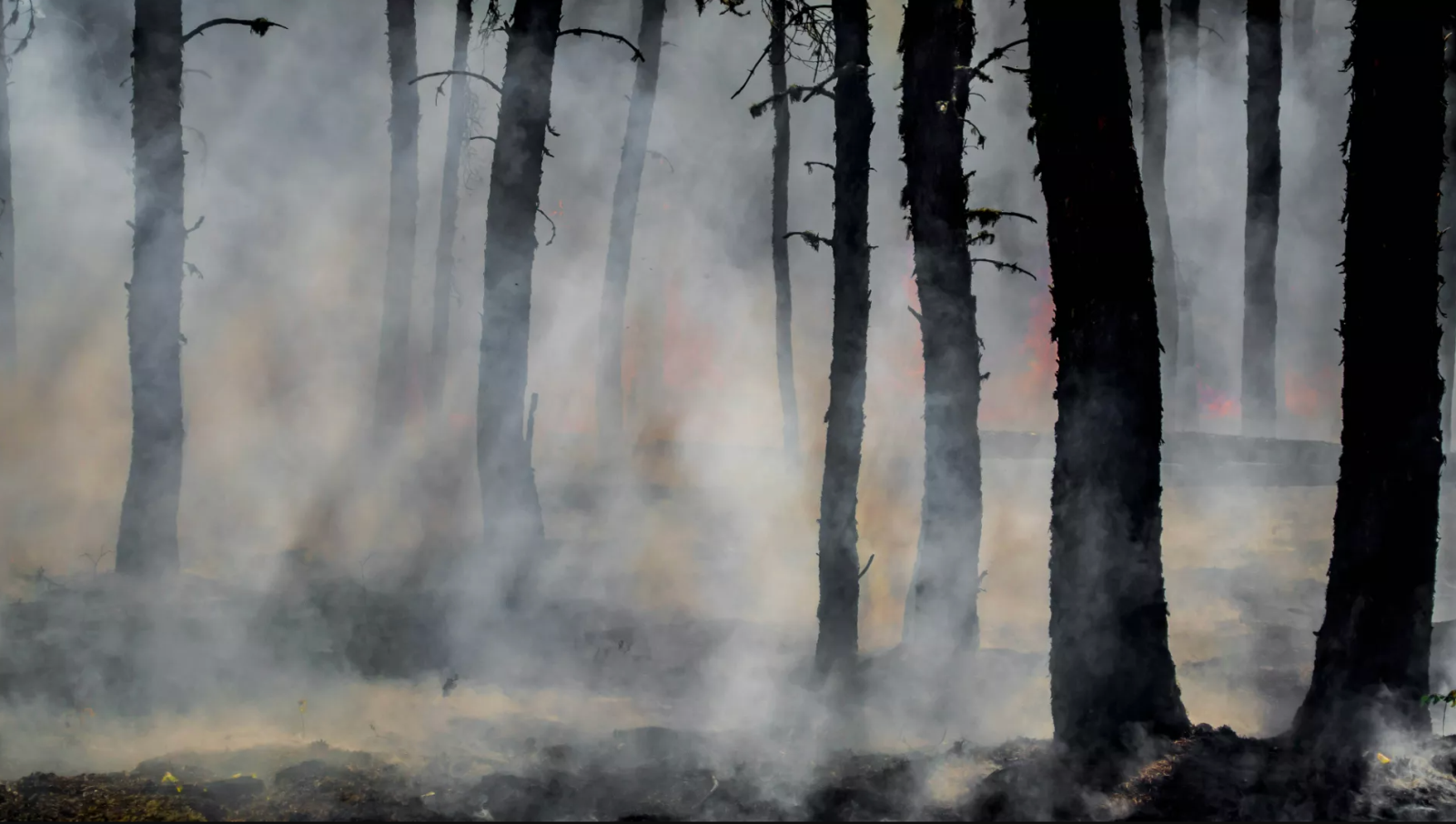
According to research conducted by the Met Office, the UK Centre for Ecology & Hydrology, and the University of Exeter, human-induced climate change has made extreme fire weather at least six times more likely. The findings underscore the growing threat posed by rising temperatures and drier conditions, which are making severe fires a recurring reality in the UK.
Wildfires Are an Emerging Threat
The study, published in the journal Environmental Research Letters, highlights how climate change is transforming fire risks across the UK, with England emerging as the most vulnerable region.
Scientists compared the current climate with a hypothetical scenario without human-caused greenhouse gas emissions to determine how fire risks have evolved. Using advanced climate models and a fire weather index, researchers assessed how extreme conditions—hot, dry, and windy weather—increase the likelihood of fires igniting and spreading.
Dr. Chantelle Burton, the study's lead author from the Met Office, warned that fire risk is no longer a future concern but a present reality.
"The 2022 heatwave wasn't just record-breaking—it significantly increased the likelihood of severe fires, demonstrating the real-world impact of climate change on the UK."
She added:
"With hotter, drier summers becoming the norm, fires are an emerging threat to the UK."
A Call for Urgent Action
The research highlights the urgent need to adapt to rising fire risks while simultaneously working to reduce global greenhouse gas emissions. Without immediate action, the frequency and intensity of wildfires in the UK are expected to rise further.
Adaptation measures could include:
- Enhanced land management to reduce fire fuel sources.
- Building restrictions in high-risk areas to prevent destruction.
- Improved fire detection systems for faster response.
- Public awareness campaigns to prevent accidental fires.
Dr. Burton stressed that the lessons of 2022 must serve as a wake-up call:
"The extreme conditions we saw in 2022 are a stark reminder of why we must urgently adapt to our changing climate while working to curb emissions."
Europe Faces Even Greater Fire Risks
The UK is not alone in facing a surge in fire risks due to climate change. A 2024 study published in Nature suggests that southern Europe could see a tenfold increase in catastrophic wildfires under moderate warming scenarios.
If global temperatures rise by 2°C, central and northern Europe will also become more vulnerable, particularly during droughts.
The study also warns that Europe's fire season is expected to extend by an average of one week across most countries, placing additional strain on emergency response systems.
The Growing Cost of Inaction
The findings make clear that climate change is reshaping fire risks across the UK and beyond. Without significant mitigation and adaptation efforts, the future will bring more frequent, intense, and destructive wildfires.
With rising temperatures fueling hotter, drier summers, the UK must act now to prevent a new era of fire-driven disasters.